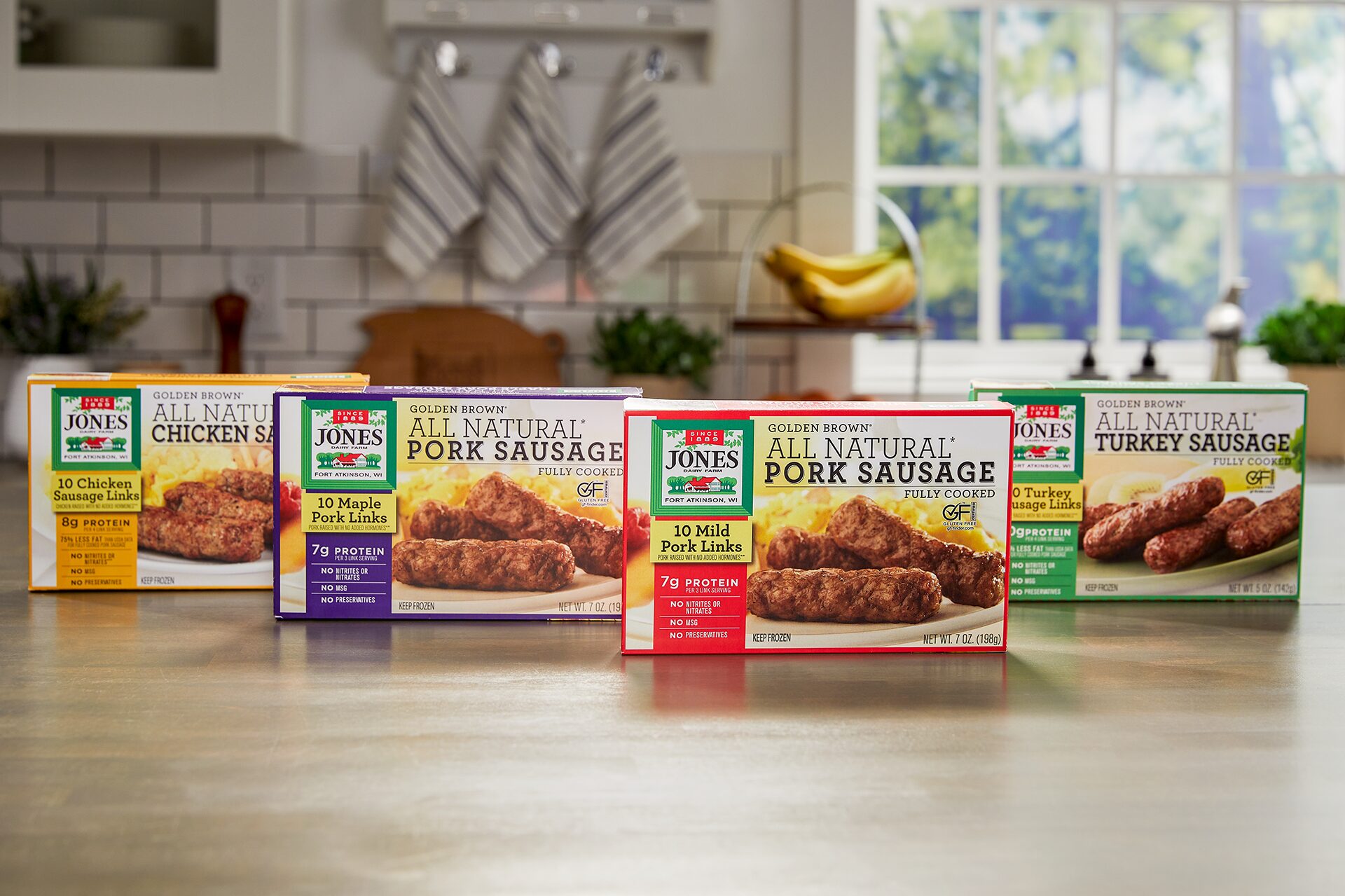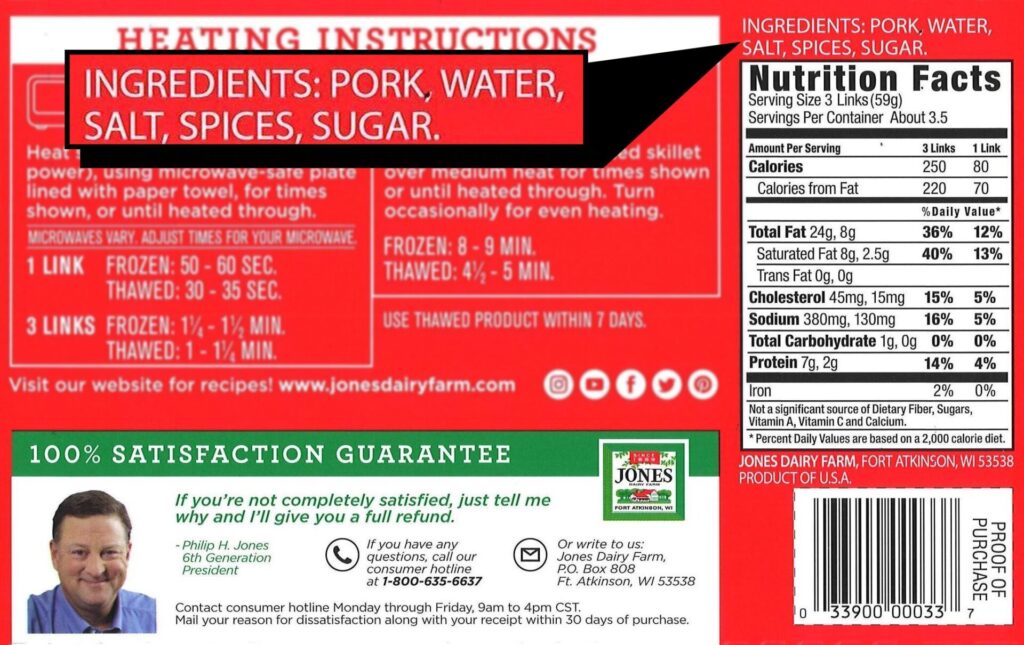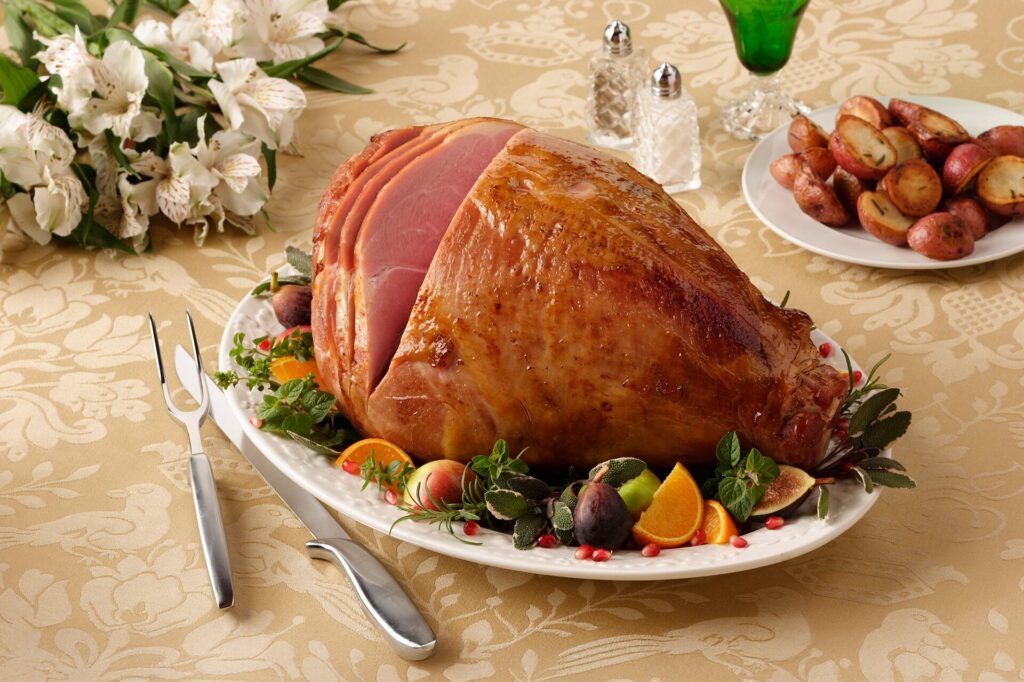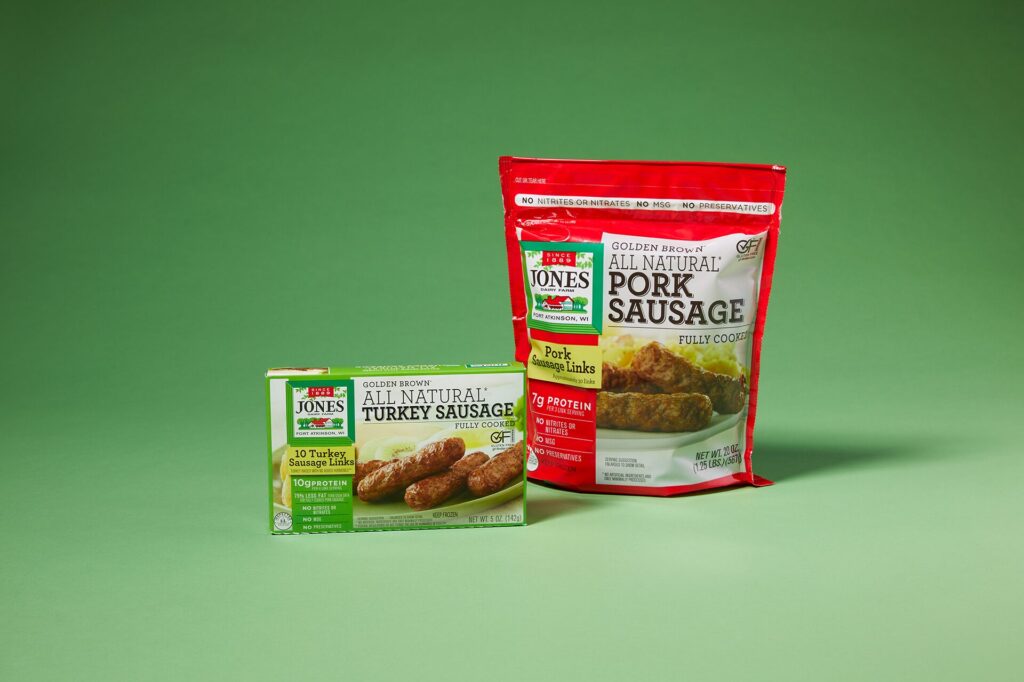

Blog
Read what we’ve been up to

What are BHAs?
BHAs, or butylated hydroxyanisole, are synthetic antioxidants commonly used in the food industry as additives. These compounds help extend the shelf life of processed foods by preventing spoilage. Understanding what are BHAs is crucial due to ongoing discussions about their potential health implications.
Understanding BHAs
What is BHA in food? BHA is a synthetic food additive used primarily as a preservative. It appears as a white, waxy solid that is insoluble in water but dissolves in organic solvents. The primary function of BHA is to act as an antioxidant, preventing the oxidation of fats and oils in food products, which can lead to rancidity and deterioration in flavor, texture, and nutritional value.
BHAs are found in a variety of food products, including processed meats, snacks, cereals, baked goods, and beverages. This helps in prolonging the shelf life and maintaining the quality of these products over time.
Regulatory authorities like the Food and Drug Administration (FDA) strictly regulate the use of BHA in food products. The FDA has established maximum allowable concentrations for BHA in different food categories to ensure safe consumption. While BHA is deemed safe by these regulatory bodies, some studies have suggested potential health risks, which are continually monitored and evaluated by these organizations.
At Jones Dairy Farm, we prioritize providing high-quality, safe food products. We strictly adhere to all safety regulations and guidelines set forth by regulatory authorities, and have chosen not to use BHA in any of our products. Our commitment to excellence ensures that you can enjoy our offerings with confidence.
Why Do Companies Add BHAs to Their Food?
BHA is added to food products to enhance freshness and extend shelf life. This additive plays a crucial role in preventing oxidation, which can lead to spoilage and degradation of food quality. One of the primary reasons companies use BHA is its ability to preserve food freshness. When food is exposed to air, oxidation can occur, breaking down fats and oils. This process not only alters the taste and texture of the food but also diminishes its nutritional value. By adding BHA, companies can effectively slow down oxidation, ensuring that their products retain their original flavors and nutritional content for a longer period.
BHA also significantly extends the shelf life of food. When microorganisms such as bacteria and molds come into contact with food, they can cause spoilage and pose health risks. BHA acts as a barrier against these harmful microorganisms, inhibiting their growth and preventing premature spoilage. This enables companies to produce food that remains fresh and safe for consumption for an extended period, reducing waste and improving overall product quality.
Preventing oxidation is essential for maintaining the appearance, taste, and nutritional value of food. Oxidized fats and oils can develop off-flavors and unpleasant odors, compromising the sensory experience of consuming the food. Additionally, oxidation can lead to the loss of important nutrients, such as vitamins and antioxidants. By incorporating BHA into their food products, companies can protect against these negative effects, ensuring that consumers can enjoy food that looks, tastes, and nourishes as intended.
Potential Health Concerns
Understanding the potential health concerns associated with food additives like BHA is essential for informed consumers. Research on BHA’s health effects has aimed to determine its safety for human consumption. Some studies suggest that BHA may have carcinogenic properties and could potentially be linked to certain types of cancer. However, it’s important to note that these studies were primarily conducted on animals, and the effects on humans are not fully understood.
Controversies surrounding what is BHA safety have arisen due to conflicting research findings. While some studies indicate potential harm, others have found no significant adverse effects on human health. The FDA considers BHA to be generally recognized as safe, or GRAS, for use in food products within specified limits.
Government regulations and restrictions on BHA use vary across countries. In the United States, the FDA regulates the use of BHA as a food preservative, setting limits on the amount allowed in various food products to ensure consumer safety. These regulations aim to minimize potential health risks associated with BHA consumption. At Jones Dairy Farm, we understand the importance of providing safe and high-quality products to our customers. We have chosen not to use BHA as a preservative in any of our products. In our sausage, we freeze our products right after they’re cooked to lock in flavor and prevent the development of bacteria and spoilage.
Why Jones Dairy Farm Doesn’t Use BHAs or BHTs
At Jones Dairy Farm, we believe in providing our customers with high-quality, all natural sausage products. That’s why we choose not to use BHA or BHT (butylated hydroxytoluene) as preservatives in any of our products. Instead, we employ alternative methods to ensure the freshness and safety of our food.
One alternative to synthetic preservatives like BHA and BHT is the use of natural preservatives. Derived from plants and other natural sources, these preservatives help extend the shelf life of food without the use of artificial additives. For example, we use natural spices like rosemary extract and celery powder in our products, which not only provide flavor but also act as natural preservatives.

Exploring other food preservation methods is another way we maintain the quality of our products without relying on BHA or BHT. We employ flash freezing to keep our sausage fresh. These methods help to prevent the growth of bacteria and other microorganisms, ensuring that our products remain safe for consumption.
When choosing BHA-free products, consider looking for items that clearly state they are free from BHA and BHT on their packaging. Additionally, opting for products made with natural preservatives can provide a healthier alternative. At Jones Dairy Farm, we are proud to offer a range of BHA-free sausage products made with natural ingredients and free from artificial preservatives.
Related Blogs

How to Cook & Carve the Perfect Holiday Ham
There’s nothing better than a beautiful ham gracing your table as the centerpiece of any holiday gathering. However, the cooking and carving of the ham is not only critical to the overall success of the meal but can be downright intimidating too! We’re here to help with guidance of our very own Philip Jones, who […]

Easy Easter Brunch Recipes
Whether you’re hosting the family for brunch, preparing the big Easter ham, or using up holiday leftovers, Jones Dairy Farm is here to help make your holiday celebration extra special with easy brunch recipes for Easter. How to Create the Perfect Easter Brunch According to our Chairman and CEO Philip Jones, who is also a […]

Leading the Way in Gluten Free Support
Long before “gluten free” became a household term, we were ahead of the curve, crafting sausage, bacon, and ham without gluten or the Big 9 allergens. For individuals with celiac disease or gluten sensitivities, trust in their food is critical — and we have been earning that trust for decades. By partnering with the Gluten-Free […]

Sausage and Cheese Pairings Made Easy
At Jones Dairy Farm, we pride ourselves on the delicious, savory flavors of our meat products. But every great dish has its perfect complement, and in the world of food pairings, cheese reigns supreme. To help you elevate your culinary creations, we’ve curated a guide to pairing our meats with cheeses and spreads, inspired by […]